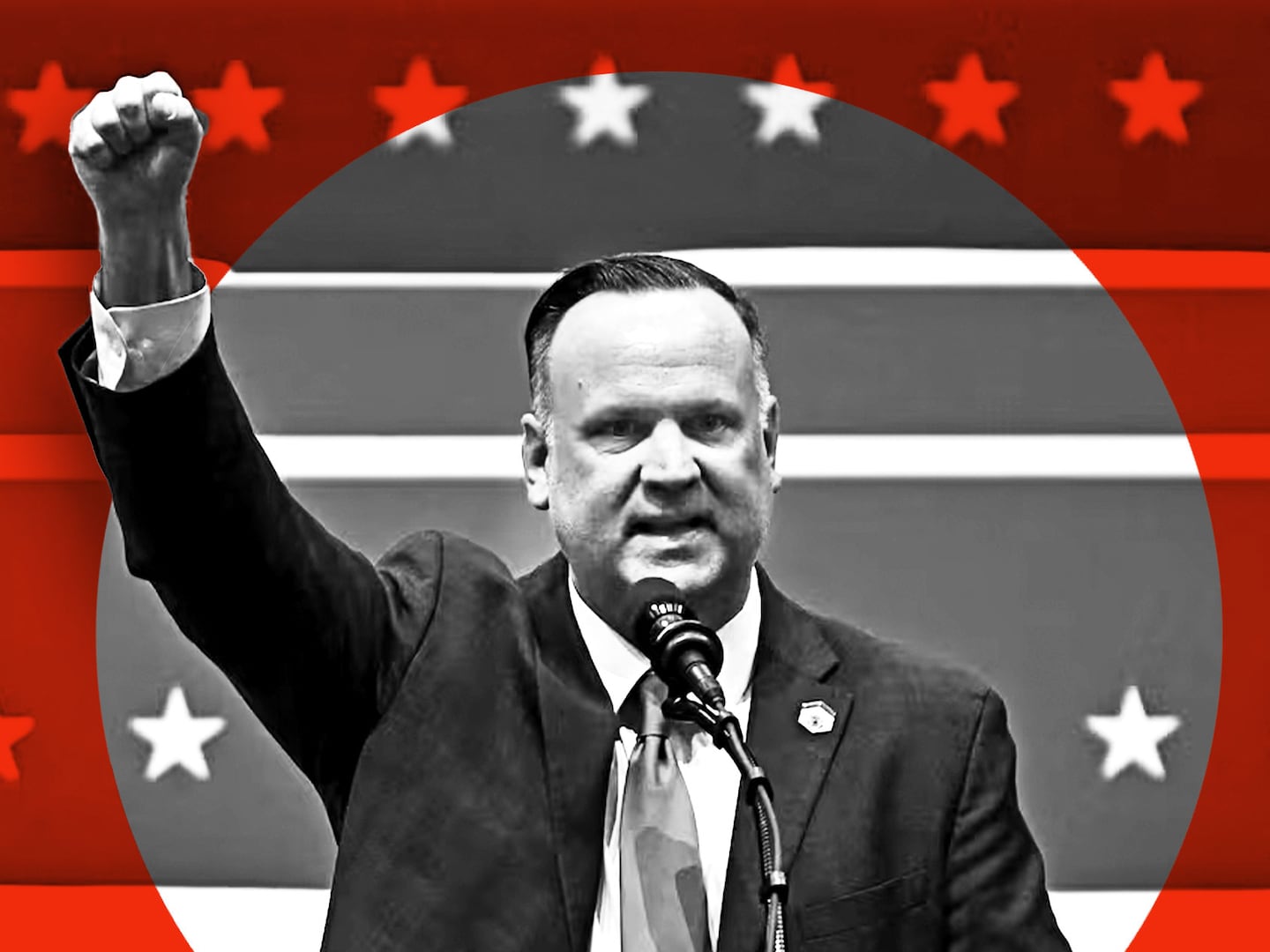San Francisco citizens are about to decide if they want to restrict what some see as short-term Airbnb rentals dominating much of their housing market, and the tech company is spending millions to maintain a grip on its hometown.
You can imagine San Francisco’s theoretical future, as seen by affordable-housing advocates: Residential areas dominated by people wearing brand new Haight-Ashbury shirts and sipping on $10 coffees while they aimlessly try to find some sense of their setting. A setting that no longer belongs to the people who work in its shops but is managed by commuters who can’t afford to live within the city limits and who must cater to its temporary tenants. It could, one day in the future, become a city with almost no permanent residents.
On Tuesday, San Francisco voters will pass or defeat Proposition F, which would prevent homeowners from renting properties on a temporary basis for more than 75 days of the year and allow citizens and nonprofits to sue property owners if there is believed to have been a violation of the law. Any rental that lasts less than 30 days is considered temporary.
Christopher Nulty, an Airbnb spokesperson, told The Daily Beast that Prop. F does nothing to fix the affordable-housing issue and creates a situation where property owners could end up paying for court battles for little to no legitimate reason.
“Home sharing is making it possible for thousands of middle-class families to make ends meet and stay in the city,” he said. “While Prop. F is a hotel-backed measure that is falsely drawing a line between regular San Franciscans sharing their homes and a decades-long housing crisis,” he said.
Opponents of Prop. F imagine a situation where members of the “get off my lawn” crowd decide to sue a neighbor they don’t like to get some money out of it. Watch out for the scornful eyes peering through those curtains, because you’re about to lose a few paychecks.
Airbnb has spent at least $8 million—possibly as high as $10 million—fighting Prop. F. That dwarfs the campaign supporting Prop. F, which has raised just over $300,000 from hotel unions and affordable-housing advocates. A poll finished on Oct. 27 by David Binder Research found 55 percent of residents plan on voting against the proposition.
Bradley Tusk, CEO of Tusk Holdings and an early political adviser to Uber, told The Daily Beast this is definitely an expensive and possibly significant battle. He said $10 million “is a lot more than Uber spent this summer on their fight in [New York City], to give some context, but Airbnb couldn’t afford to lose this fight, so they didn’t really have a choice.” San Francisco is Airbnb’s headquarters and hometown, so this battle could set a precedent. He believes if there’s a decisive win for Airbnb, it will “send a helpful message to other jurisdictions.”
San Francisco has the nation’s second-highest rent as well as a serious lack of places to rent in the first place. It’s expensive just to breathe in the city. Many of the new apartments and houses go to people in the growing Silicon Valley tech world, and people who previously lived in the city are frequently relocating to less expensive places like Oakland.
Many say Airbnb is a useful tool that can help city residents get extra money and utilize unused space, but affordable-housing advocates worry that entire apartments are being dedicated to hosting Airbnb customers and that it’s seriously hurting the rental market.
There is already a law that would let nonprofits sue someone renting a property temporarily for more than 90 days per year, but the city has to issue a “notice of violation” to the property owner before the lawsuit could be filed. The law has been adapted to deal with the house-sharing issue, and many affordable-housing advocates say it’s even weaker than it was before.
Joseph Tobener, a San Francisco tenants-rights lawyer who wrote the enforcement provision of Prop. F, told The Daily Beast he tried to get the city to issue 20 notices of violation with the San Francisco Tenants Union about three years ago and none were sent out.
“At the time, we thought roughly 2,500 units were being rented on Airbnb full time,” Tobener said. “Now we’ve realized it’s 4,000, and it might even be 10,000 across all platforms.”
He said the local government supports Airbnb, “and it’s well known the mayor is funded by Airbnb.” Mayor Ed Lee has been known to have trips funded by Airbnb and Uber. Believing the city is unwilling to enforce the law, an organization called ShareBetter SF (largely funded by hotel and restaurant unions) and others decided to draft Proposition F to make it so citizens and nonprofits could sue violators without the city getting involved. “Prop. F would have never come about had the city issued those notices of violation and allowed us to pursue the violators,” Tobener said.
Tobener believes Proposition F was a common sense solution that became a fierce battle when Airbnb dropped millions of dollars into fighting it. “This is the most that’s ever been spent on any initiative in the history of San Francisco,” he said.
He said “No on F” offices have been vandalized with phrases like “Fuck you Airbnb” since the fight started, and he’s personally received hateful letters and verbal attacks from random people.
Henry Harteveldt, founder of the travel research firm Atmosphere Research Group, told The Daily Beast the Airbnb battle isn’t just about hotels wanting to stay dominant in the city. “Our research that we’ve done at Atmosphere indicates that roughly 8 in 10 people that use a home-sharing site for a stay, that includes Airbnb and its competitors, would have stayed at a hotel if they had not booked the house where they stayed through the home-sharing website,” he said.
However, Harteveldt believes this is a battle about housing issues, not shares of an industry. “You’ve got Airbnb and its supporters who want to see inventory able to be put into the home-sharing market, if that’s what the owner chooses to do, and you’ve got housing advocates who are saying we don’t have enough places for people to live and median rents keep going up in San Francisco,” he said.
Mayor Lee’s office could not be reached for comment.
Passing Prop. F wouldn’t kill Airbnb in San Francisco, but it could significantly limit its use to avoid indefinite temporary housing. It’s great to fill a room while you’re out of town for the week, but some think it could mean almost no one will have their own rooms to fill somewhere down the line.






